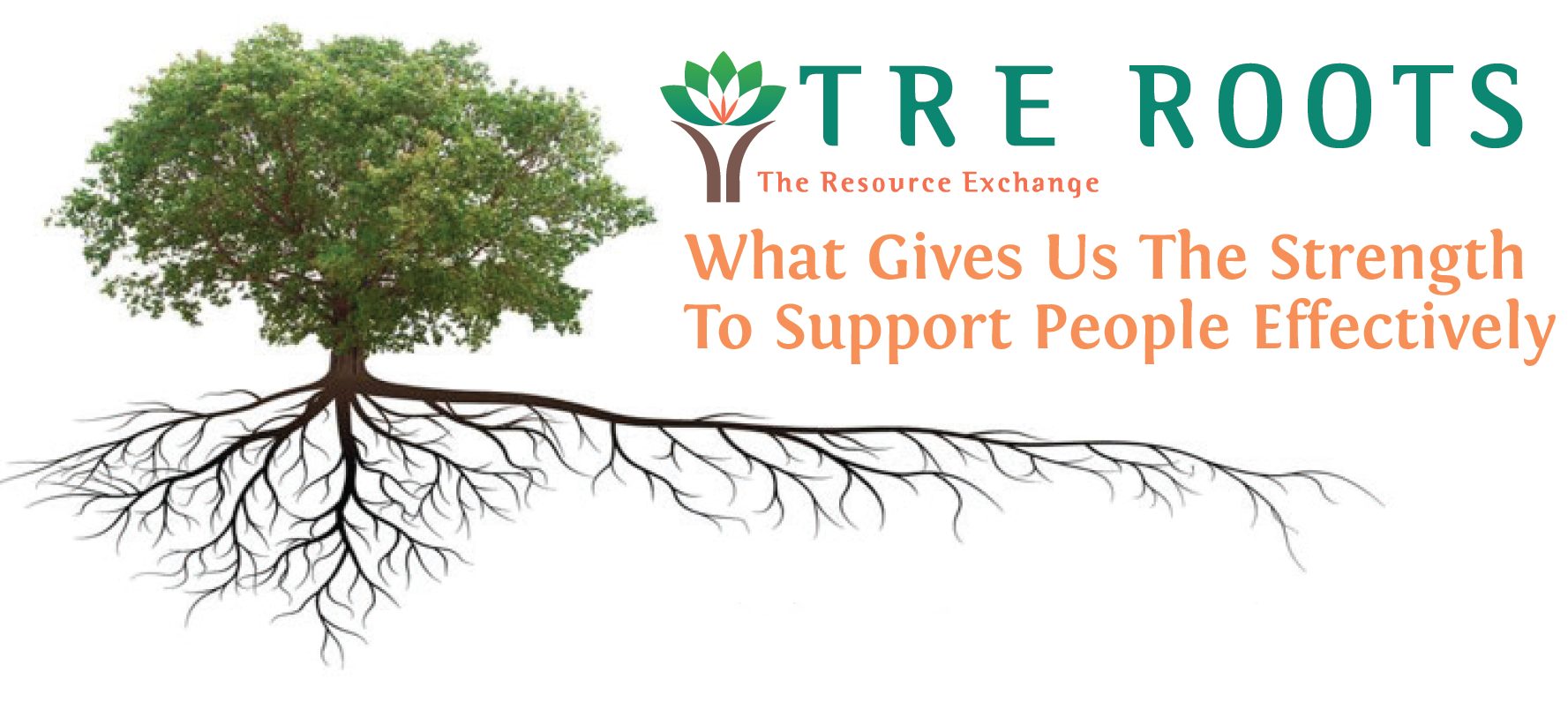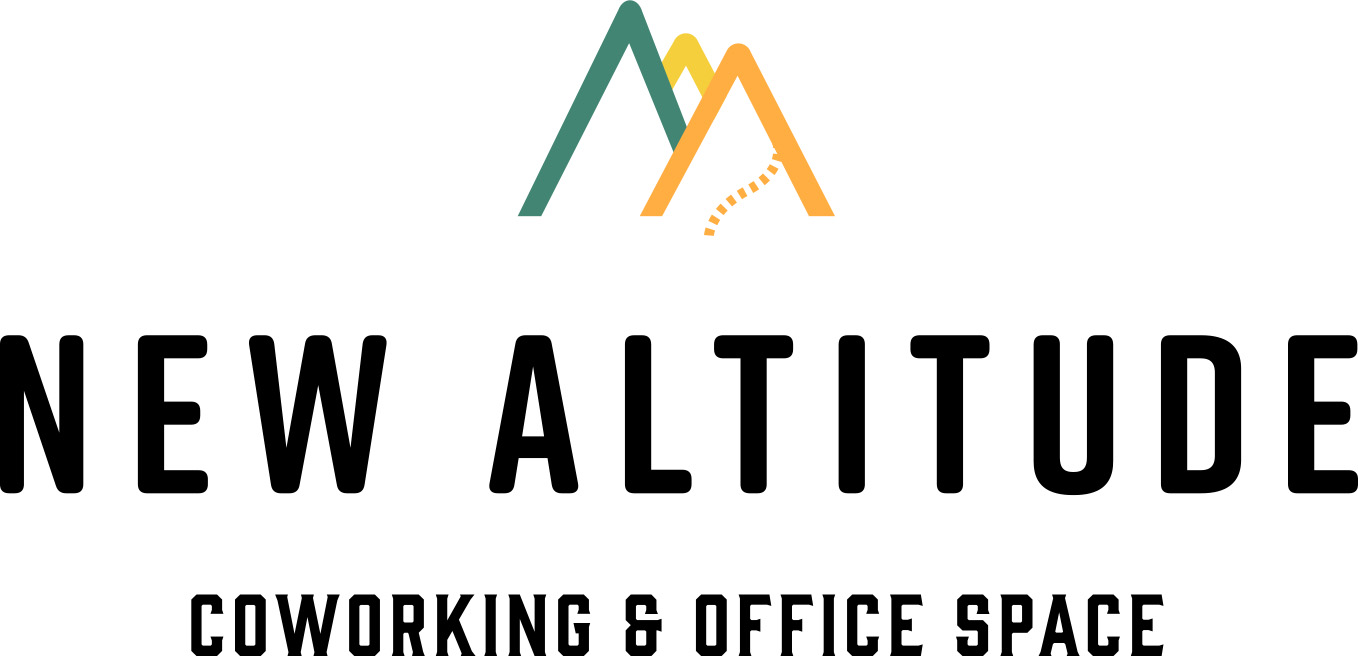

We are proud to share the next in our series of TRE’s cultural “roots”, guideposts that have been identified by TRE as critical to our work. Read more about this organizational effort at www.tre.org/blog-tre-roots/.
TRE Root #11 – LISTEN GENEROUSLY
Listening is more than simply not speaking. Be present and engaged, whether in person or virtual. Quiet the noise in your head and around you and let go of the need to agree or disagree. Create space for others to express themselves without judgment. Listen with care and with empathy. Above all, listen to understand.
Listen generously, as a root of our culture, is an active effort to create productive dialogue and conversation to build our individual and collective understanding so that we can support people who seek services through us to the best of our ability. Listening generously requires a level of openness to hear varying perspectives and curiosity to learn more. To listen generously, you must “lean into difference” according to Craig Weber, author of Conversational Capacity. He uses a quote by Abraham Lincoln to capture this idea – “I don’t like that man. I ought to get to know him better.”
When we listen generously, we balance candor with curiosity. We share our thoughts and how we have come to those thoughts, and we remain open and curious to hearing from others. If you apply a mindset of learning, you can think about the mind as a workshop where you are continually gathering more information and advancing/evolving your perspective and understanding of the situation. This is different from thinking of the mind as a temple or fort that is protecting your existing thoughts.
Each individual with whom we work has different thoughts, perspective, and desires. We must listen generously to them to truly understand their needs and how we might support them. This applies to our peers as well. We must listen with openness and curiosity to determine how we might work together in the best ways. When we listen generously, we get into a “sweet spot” in the conversation to keep it productive and effective. If we allow ourselves to become distracted or shut down due to emotion, we no longer hear what is being shared. Or, if we begin formulating ideas in response to what is being said before the person is even finished, we are demonstrating our “fort” approach to our thoughts. We already know, so we don’t need to listen.
I catch myself sometimes thinking of a response to what another person is presenting before they have finished presenting. I’ve realized that it limits how much I’m truly understanding their position. My mind is validating my own thinking, but I’m not staying curious to understand the other person’s thinking. I’ve found if I can notice when this is happening, I can stop and refocus on what the person is saying to listen more generously.
As you go about your work, consider the following:
- Apply one or more of these questions in your next team meeting to see if it changes the way any of the members listen to one another when solving a challenge:
- That’s how I see the challenge. What does the challenge look like from your perspective?
- If I’ve got a blind spot about this issue, please help me to see it.
- I’d like someone to expand my view of this situation. Who has a different way of looking at it?
- What’s your reaction to what I’ve just put forward?
- Reflect on how you stop listening – catch yourself. Do you tend to shut down due to distraction or emotion? Do you tend to start creating a response in your head before another person is finished sharing?
- Share your thoughts on listening generously – what examples in your work or life demonstrate this root?







Leave a Reply